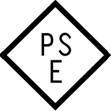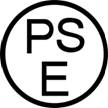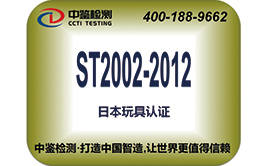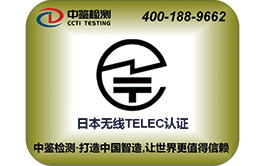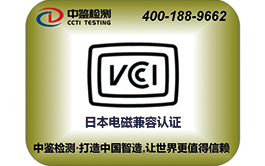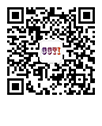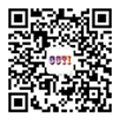SERVICE
PSE certification
First, the introduction of Japan PSE certification
PSE is a mandatory safety certification in Japan. From April 1, 2001, the "Electrical Device and Materials Control Act (DENTORL)" has been officially renamed as "Electronic Product Safety Law (DENAN)" to prove that motor electronic products have passed Japan. Safety standards testing for electrical and material safety laws (DENAN Law) or international IEC standards; 498 of these products must pass safety certification when entering the Japanese market.
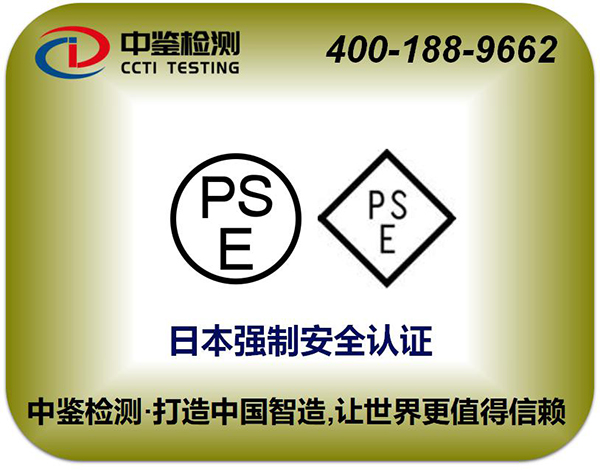
[Note: 165 kinds of A products should obtain the PSE mark of the diamond shape, and 333 kinds of B products should obtain the round PSE mark]
|
Class A: Designated electrical equipment and materials products |
|
|
|
▲There must be a third-party certification body certification approved by the Ministry of Economy, Trade and Industry of Japan.
|
|
Class B: Other electrical equipment and materials products |
|
|
|
▲Must be certified by a third-party certification body licensed by an international accreditation body
|
Second, the Japanese PSE certification mark
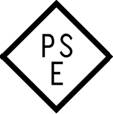
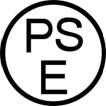
Class A mandatory certification: special electrical equipment and materials products Class B mandatory certification: other electrical equipment and materials products
Third, Japan PSE certification instructions
Mobile phone chargers are classified as Class A products according to this regulation, and Class A products must be tested by the Japanese government and METI-managed laboratories. Such laboratories such as JQA, LET, UL Apex, non-Japanese laboratories such as UL are also authorized laboratories for such products (by battery charger and AC adapter). There is currently no Japanese-authorized laboratory in China.
Therefore, companies applying for PSE certification should first select a Japanese authorized laboratory to obtain a test report issued by the laboratory to prove that the product meets Japanese technical requirements.
Japan has two sets of technical requirements for battery chargers, and applicants can choose any of the following methods:
The first way is the very traditional Japanese technical requirements;
The second way is the technical requirements that are harmonized with IEC60950.
It is recommended that domestic applicants choose the second method. In this way, since both China and Japan are IECEE-CB members, applicants can obtain CB reports in China CQC first, and then apply to the above-mentioned laboratory in Japan for a CB report. If the first method is used, the CB report cannot be accepted.
If the product is designed in accordance with the second method, that is, according to the IEC60950 standard, all safety parts of the preliminary circuit, such as capacitors, thermal trips, etc., must comply with international IEC standards. If the product is designed to meet the first method, that is, designed in accordance with Japanese national standards, all of the safety components of the primary circuit must comply with Japanese national standards. It should be noted that if the first method is selected, the CB report will not be accepted. It is also not allowed to mix the first method with the second method.
Special note: Although Japan is a member of the CB, the CB report can only be used as a reference in general. If the CB has a Japanese deviation test, it can be directly certified by CB, and the certification period is about 3 weeks.
Fourth, Japan PSE certification factory inspection
The PSE will perform a factory inspection (check for associated test equipment and its suitability) without tracking. Because the various certification bodies have different partners in China, the institutions responsible for reviewing factories in China are different. For example, JQA cooperates with China Import and Export Inspection and Quarantine Bureau.
Shenzhen CCTI Technology Co., LTD. (English abbreviation: CCTI TEST, Chinese abbreviation: Zhongjian Testing) is an excellent new testing and certification organization, providing high-efficiency electronic and electrical products to Europe, America, Australia, Japan, and other countries for overseas certification and testing certification. The project includes CE certification, ERP certification, ROHS certification, FCC certification, FDA certification, IC certification, SAA certification, C-TICK certification, PSE certification, IP rating certification, SONCAP certification. It can also authorize toy products EN-71, ASTM F-963, EN62115, PAHS, REACH, CCC and other certification projects.
Create China's wisdom and make the world more trustworthy! Zhongjian Testing, focusing on global international certification, is an authoritative testing institution worthy of trust and trust!

